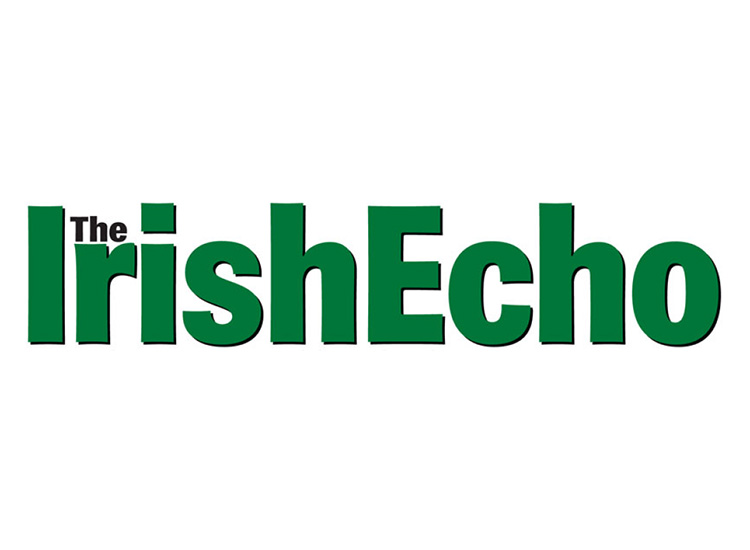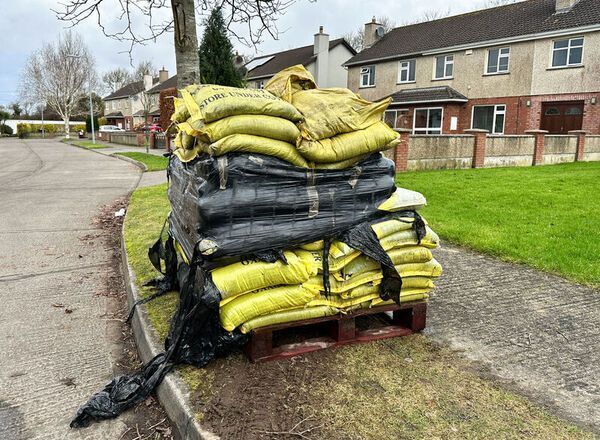Devolution is bedding down in the midst of the biggest economic crisis in our lifetime. Elections are over and there is now cross-party consensus that growing the economy should be the focus for the next four years.
However, the proposals emerging from this consensus have yet to demonstrate how they will tackle long-term economic inactivity, address patterns of inequality and disadvantage that have worsened since the Belfast and St Andrew's Agreement, and ensure public monies are spent effectively by learning lessons from the past. Northern Ireland is a small place and inclusive change is utterly doable. Crucial to making this happen is a basic recognition that tackling existing patterns of inequality and exclusion must be central to rebuilding the economy. It is also core to underpinning the peace.
Hard local and international statistical evidence clearly demonstrates that economic models offering "trickle down" benefits, even with bigger "drips," have failed miserably in creating inclusive and sustainable economic growth.
President Clinton said recently here that the greatest danger to global economic and democratic stability is the inequalities which exists within and between countries.
International evidence has shown that it is not the wealth of a society that results in social progress. The key is the ability of individuals to effectively participate in economic and social structures. That requires the targeted use of public resources - not "compensation for the excluded".
It is tomorrow's smart economics.
A lifetime's experience has taught me not to wait for change, but to make it. I've led several initiatives which stimulated economic growth through generating sustainable outcomes for those in most need.
These included creating, sustainable skilled jobs for the long-term unemployed using the billions of pounds of public money annually spent on procurement and public sector recruitment, prioritizing areas of most need for investment and regeneration instead of concentrating them in areas of affluence, and involving the most excluded in the design, implementation and evaluation of public services, to create better and more cost effective outcomes.
Despite successful outcomes, such initiatives have not been mainstreamed. There can be no more excuses to cling to yesterday's failed models when successful practical alternatives exist.
The new Executive and Assembly in Northern Ireland must focus on growing a sustainable economy that offers hope and dignity to the people who are most excluded.
This approach starts from the premise that the excluded are willing and able to be part of the solution, this instead of being treated as awkward "residual" problems of an economic model which they can either watch or serve, but neither they nor their children can thrive in as equals.
It's doable. It's right. It underpins the peace. It's tomorrow's smart economics, and it can start now.
Inez McCormack is an acclaimed women's and human rights activist and trade unionist, and is currently chair of the Participation and the Practice of Rights Project.









